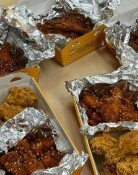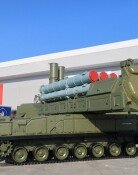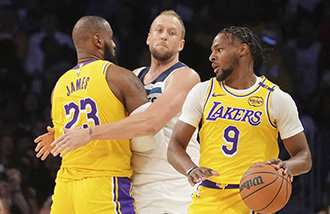Criticisms Flooded on U.S. Protective Trade Policy
Criticisms Flooded on U.S. Protective Trade Policy
Posted February. 05, 2002 09:28,
The annual meeting of World Economic Forum, which was held abroad for the first time left Davos, Switzerland, in New York will be finished on the 4th (morning of the 5th in Korea). The 33rd annual meeting next year will be held back in Davos.
During the 5-day session under the theme of `leadership in a changed world` global leaders discussed how to solve political and economic problems and conflicts between countries and races as well as religions, which became unstable after Sept. 11 attacks.
Participants expressed their worries about U.S. President George W. Bush`s hard-line policy and monopoly, and his stated intention to enlarge the war against terrorism, naming North Korea, Iran and Iraq as `axis of evil`.
There were many criticisms of U.S. economic and trade policies. IMF Managing Director Horst Koehler chided that poor countries could not participate in global economic territory because U.S. stuck to protective policy on agriculture and textile industry.
In the 2nd and 3rd day conferences on the Asian economy, the main topic was the economy of Korea, Malaysia and Japan.
Malaysian Prime Minister Mahathir Mohammad evaluated in the workshop for `currency funds` that the fixed exchange rate, which Malaysia assumed during foreign exchange crisis, turned out to be successful.
Korean Foreign Minister Han Seung-Soo said in the 2nd day conference that the Korean economy has been recovering since 1999 through restructuring after the foreign exchange crisis and development in globalization and research and development industry.
On the contrary, there were many criticisms about Japanese economy. U.S. Deputy Treasury Secretary Kenneth Dam said, "The Japanese economy does not seem to grow rapidly sooner or later. And it will not be good for the world economy."
Ki-Heung Han eligius@donga.com
Headline News
- Ukraine says N. Korea’s first troops arrive in Kursk
- N. Korea begins installing barriers on Donghae Line after 'bombing show'
- K-defense operating profit expected to jump by 200% in Q3
- Seoul City launches DDP rooftop tours, celebrating 10th anniversary
- Ahn Jung-geun’s historic writings return to Korea in 15 years







